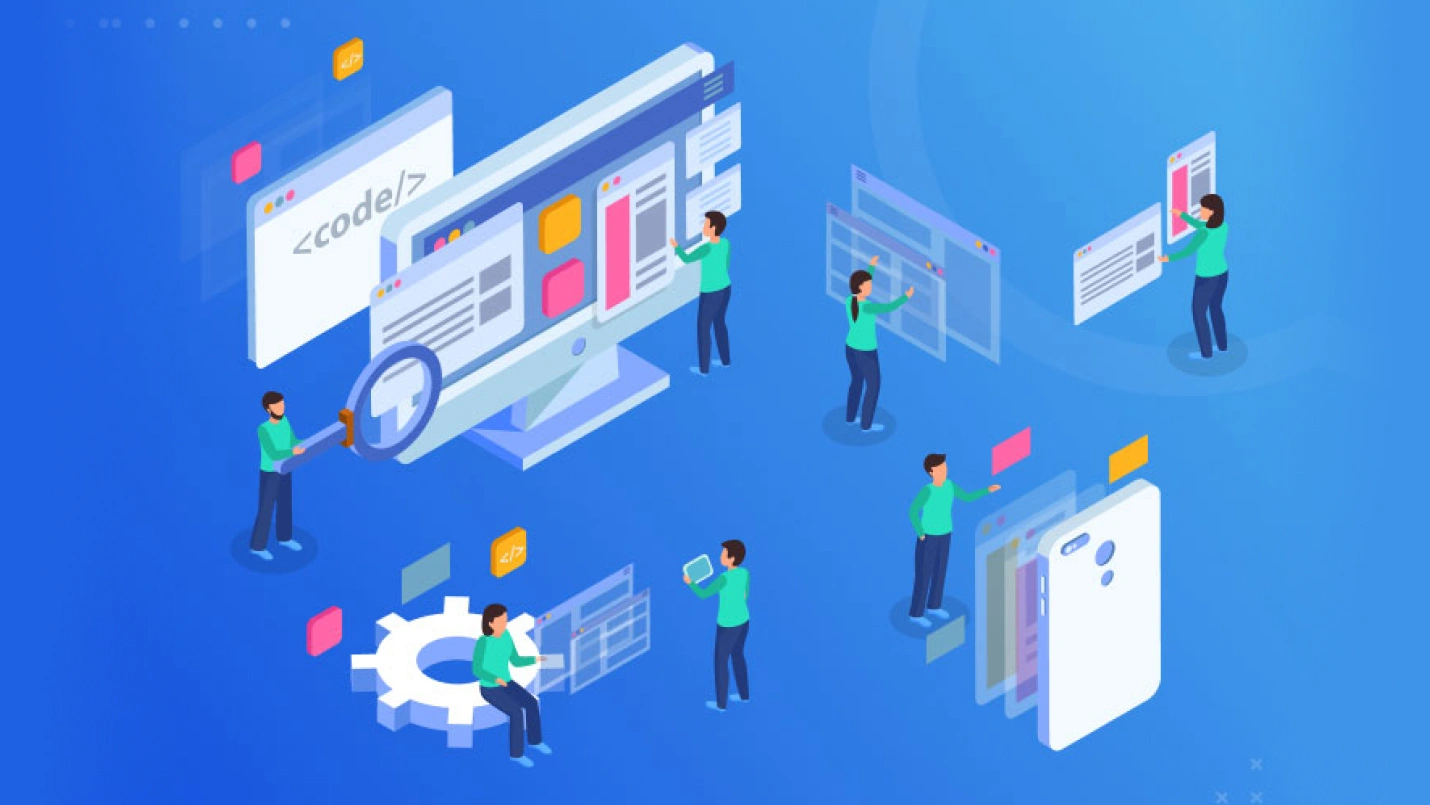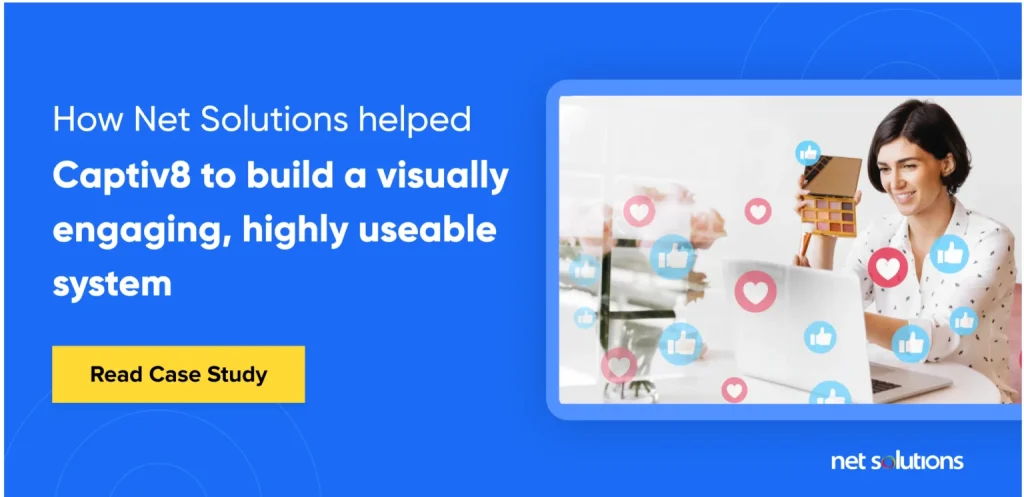Summary A suitable partner in your software development journey can add value in more ways than just development. Choosing the right software development partner helps you maximize revenues for your app business. This guide covers everything you must look for in a software development vendor to make the right decision for your app business.
As someone who has helped hundreds of clients globally, we can tell you that finding the right partner is more important than saving a few hundred or thousand dollars in building your product.
Large and small organizations must deliver transformative digital experiences to customers to survive. In the wake of the mass adoption of software-driven solutions in our society and the integration of tools into every aspect of our lives, enterprises are forced to split resources away from core operations and pour them into enhancing digital experiences. The sheer convenience and quick support offered by digital platforms have skyrocketed consumer expectations. Now, companies are expected to prioritize their digital transformation to remain competitive.
As a startup entering the digital space or a business looking to make digital services available, the ideas generated from brainstorming can be endless; however, resources often need to be improved. What if there was a more innovative, more efficient way?
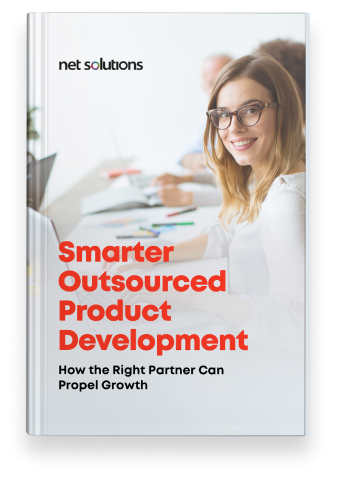
We respect your privacy. Your information is safe.
In the face of these challenges, outsourcing and choosing the right software development partner for product development can help an enterprise get out of these trenches and keep up with market needs.
Outsourcing is an enterprise’s pocket-friendly solution that allows them to tap into a flexible team of creative thinkers, designers, and developers to build the right digital products for their customers and help them stay ahead in the market.
In a report exploring the benefits of outsourcing, Gartner states that:
45% of organizations that outsource at least part of their project development process report an improved time-to-market.
What Kind of IT Outsourcing is Right for Businesses?
Software is often mistaken to be just technology, but it is much more than that. It is technology, of course, but it is also an art- intuitively and purposefully.
When choosing an outsourcing service provider, not just any provider will do. The vast majority of custom software development vendors only focus on building and delivering products without advisory capabilities; these are ‘Follower’ providers.
An enterprise that expects uncompromised work quality would instead like to work with a provider who can manage the project alongside an Advisor or Trusted Partner.
How to Choose the Right Custom Software Development Partner
The most important factor for choosing a custom software development vendor should be that the partner complements and accentuates an organization’s skills and existing knowledge.
Regarding product development, coordinators and project leaders will leverage a multi-disciplinary team to design and deliver the best possible product for the needs of the enterprise. A team that has diverse expertise will offer the most transparent and frictionless experience. They have spent countless hours developing skills beyond the basics and an understanding of what it takes to go above and beyond. When business leaders are looking to outsource software development, these are some key skill areas they should keep an eye on –
1. Technical Skills
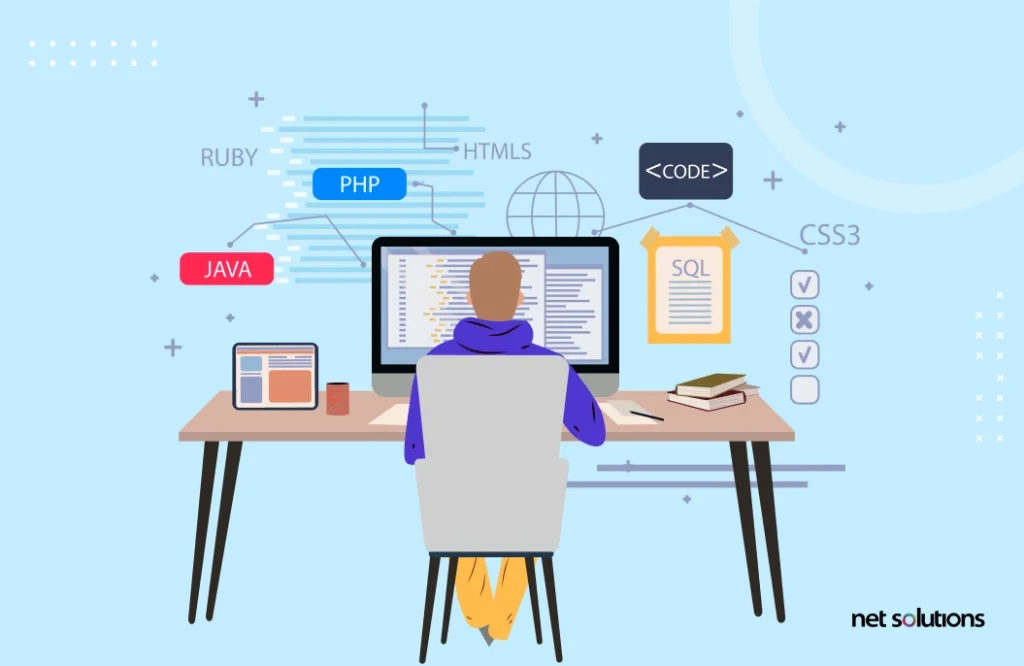
Businesses serious about IT outsourcing should stay clear of software development vendors specializing in more than one kind of technical architecture; there is no one-size-fits-all solution for product development. Unless the leaders have done thorough research previously and have zeroed down on a technological preference, their discovery phase should weigh all factors in choosing the right technology to support the project. When selecting IT consulting services, skills and processes are equally as important as technology choices. Look for published technical expertise in various areas relevant to digital product development.
2. Aligned Business Goals
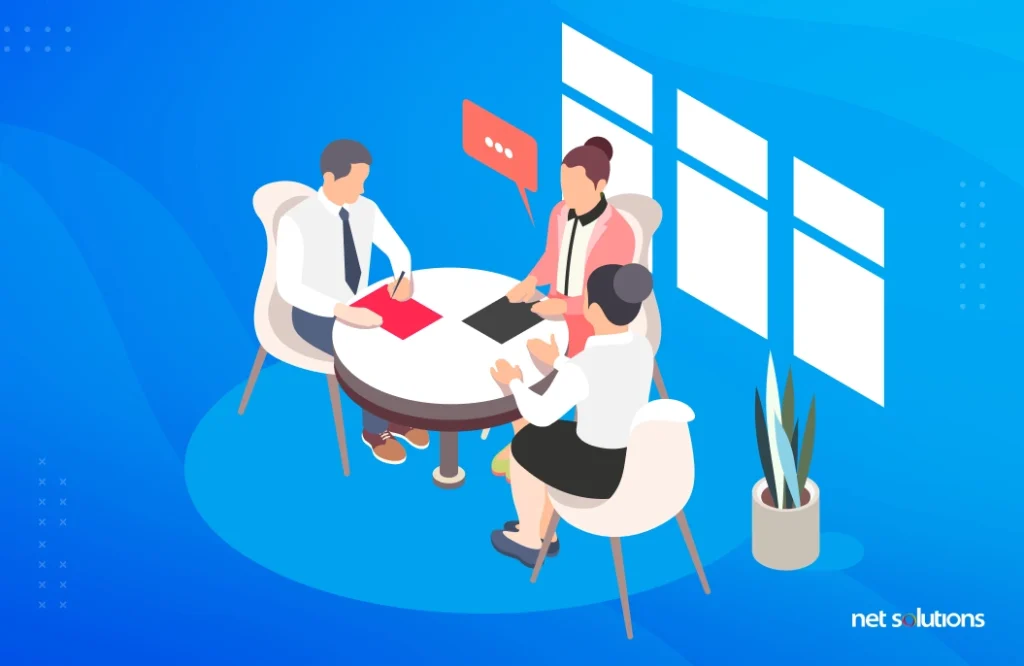
Setting up a web presence as a digital product development consultant doesn’t take much these days, but the experience sets many partners apart. The business world is much more dynamic today than a decade ago. Simply having product knowledge is no longer enough.
Custom software development vendors should understand the goals of the enterprise and how the enterprise wishes to build and grow over the years to make the business ascend to new heights.
3. Communication

Going beyond the basics also means good communication skills. Effective communication and open dialogue are win-win for the enterprise and the outsourcing partner. Good communication puts the point forward clearly and concisely, helps streamline goals and objectives, and reduces back-and-forth doubt-clearing sessions. Result? Less friction and a faster process.
4. UX/UI
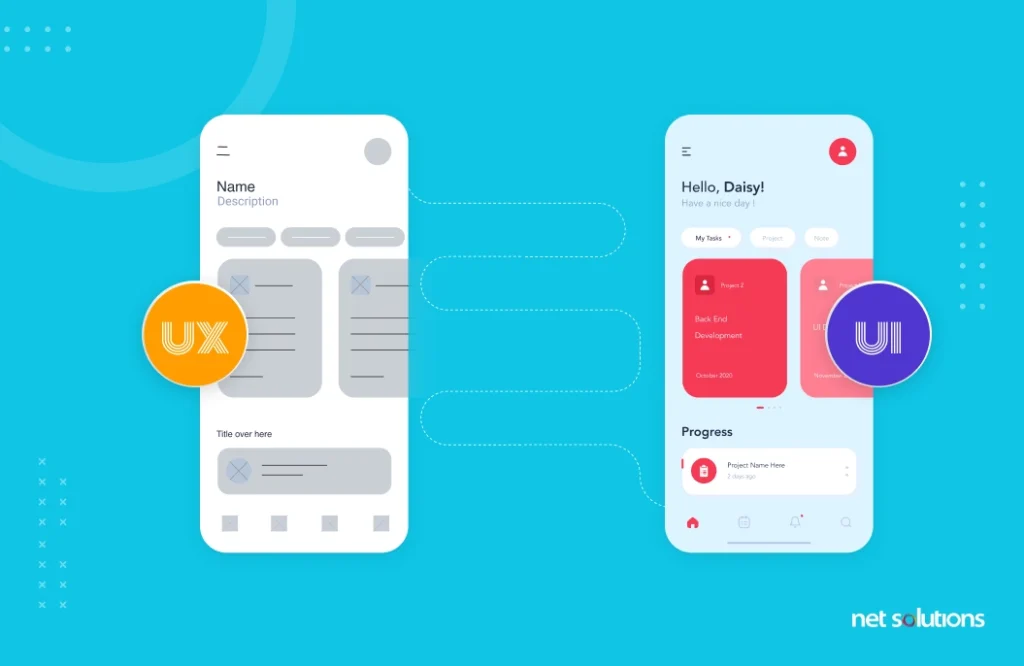
There are many software development service providers focused specifically on design and others focusing primarily on the technical services that can deliver a project. However, choosing one or the other for bringing an idea to life often leaves much to be desired later.
For example, exceptional user experience design makes interactions irresistible and business success inevitable. Therefore, business leaders should look for a web and mobile app development company with experience in designing the user experience (UX) and the technical services of product prototyping and clear methodologies for usability testing and validation.
5. Agile and DevOps
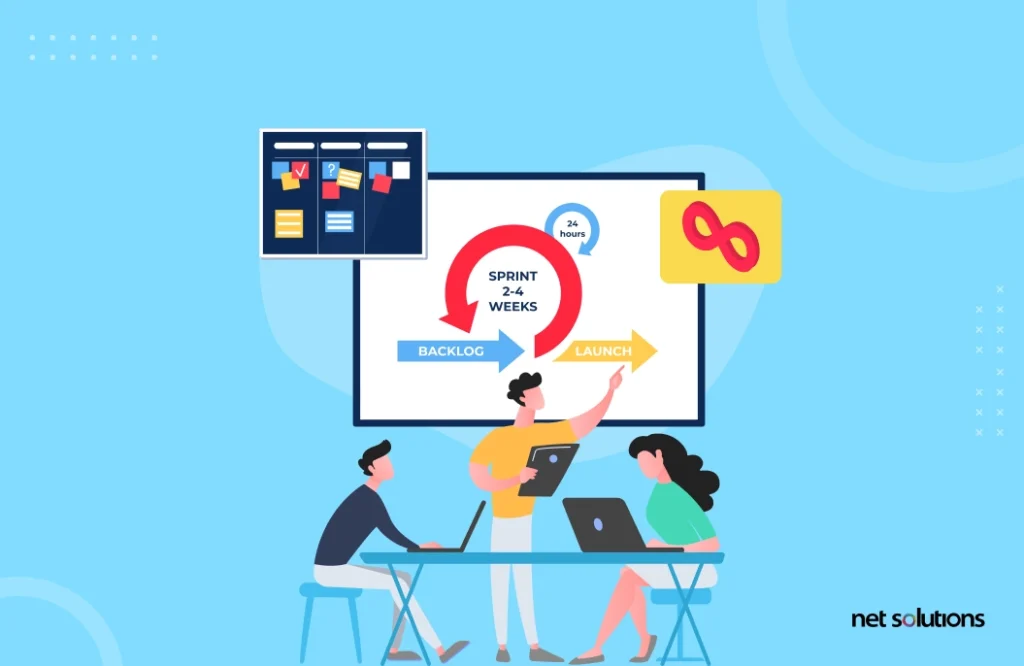
In today’s fickle marketplace, lightning-fast digital product releases are a must. The product development mindset will help align an enterprise with the right processes and frameworks to accelerate feedback and time-to-market. Often that is expressed through Agile and DevOps.
As a dynamic, iterative process, an agile development environment streamlines processes and incorporates a customer-centric mindset that pushes the level of innovation at every stage of development.
Average IT businesses with a ‘finish the project and move on’ approach will not implement patches most stably. They will provide a makeshift rather than a maintainable solution when encountering a bug.
In design, the agile methodology helps create iteratively informed choices; in UX/UI, that results in product architecture and solutions that truly delight end-users. DevOps is the practice of collaboration among IT and operations; this creates a secondary feedback loop supported by end-to-end processes that quickly and efficiently moves the project toward its intended outcome.
6. Quality Assurance
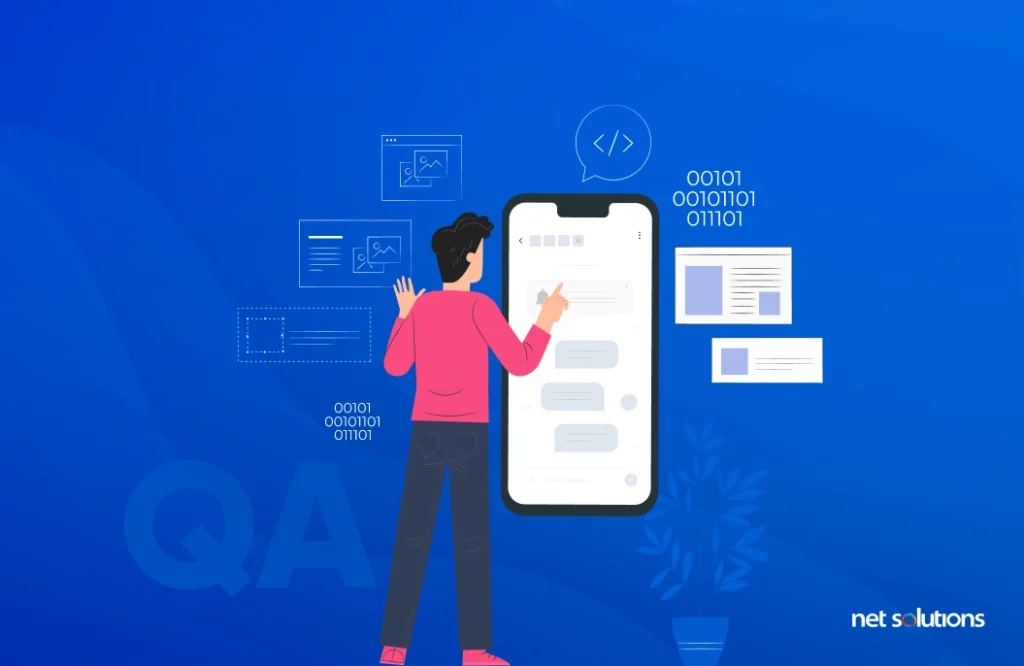
As noted earlier, the product development mindset is focused on the most efficient path to the desired outcome. Rather than developing within a bubble, concepts such as agile development and DevOps focus on iterative development, thus introducing an ongoing feedback loop to maintain the quality of the desired outcome: the optimal product for user needs.
As part of these feedback loops, an enterprise’s project should include ongoing testing and validation stages, including prototyping, user testing, and daily scrums to incrementally improve and scale solutions and continue moving the business forward.
7. Certifications and Accreditations
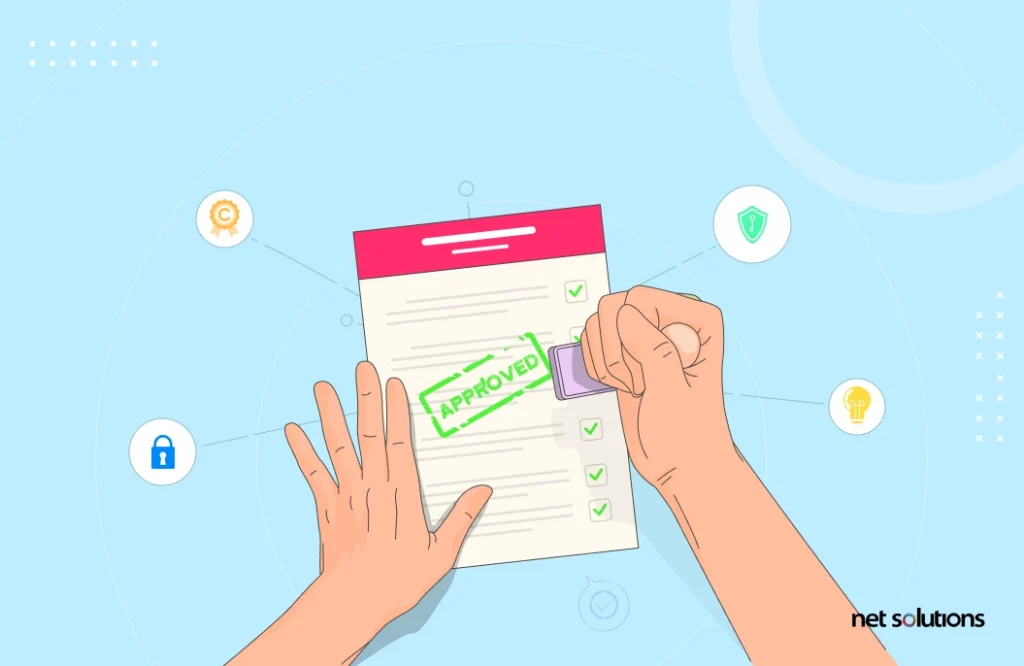
When businesses are ready to allocate considerable resources toward the right software development vendor for their needs, they would want to validate the claims and performance of any potential partner. As an enterprise, they should ask for certifications with Microsoft, Adobe, et cetera, which are only granted to partners who maintain a high standard. In addition to awards, online ratings, and reviews, accreditations from third parties such as Gartner or Forrester can provide unbiased insight.
8. Secure
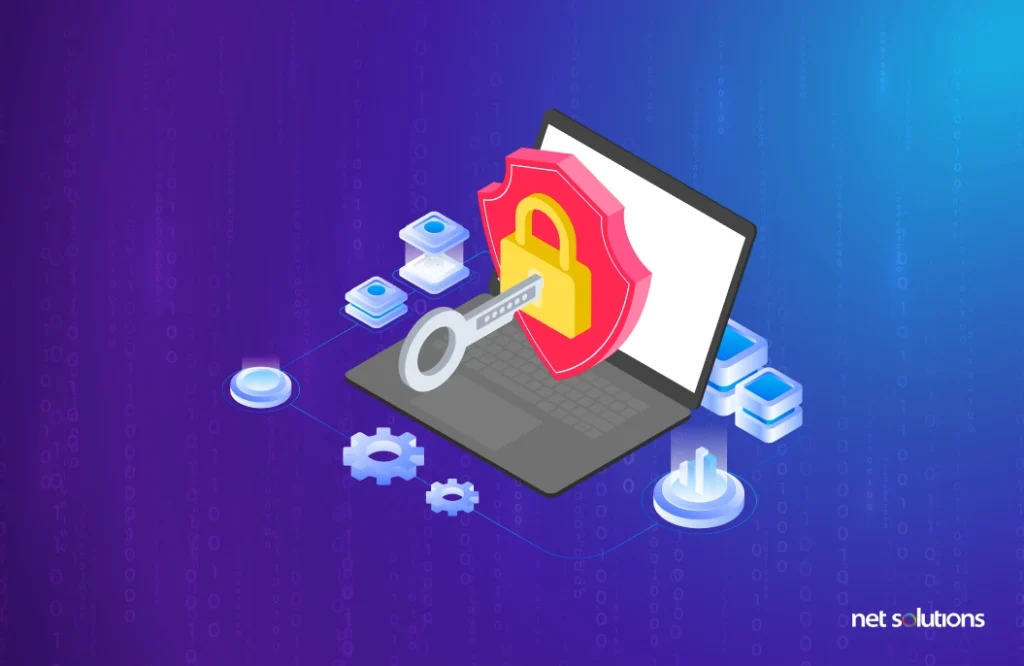
Security will be an indispensable priority if the IT company is serious about its credibility. For an enterprise, this is a no-brainer. Enterprises should consider deployment risk factors and data loss if the software operates incorrectly. As an entity investing considerable resources, inquiring about the security measures used by a product development partner is critical.
9. After-Development Support
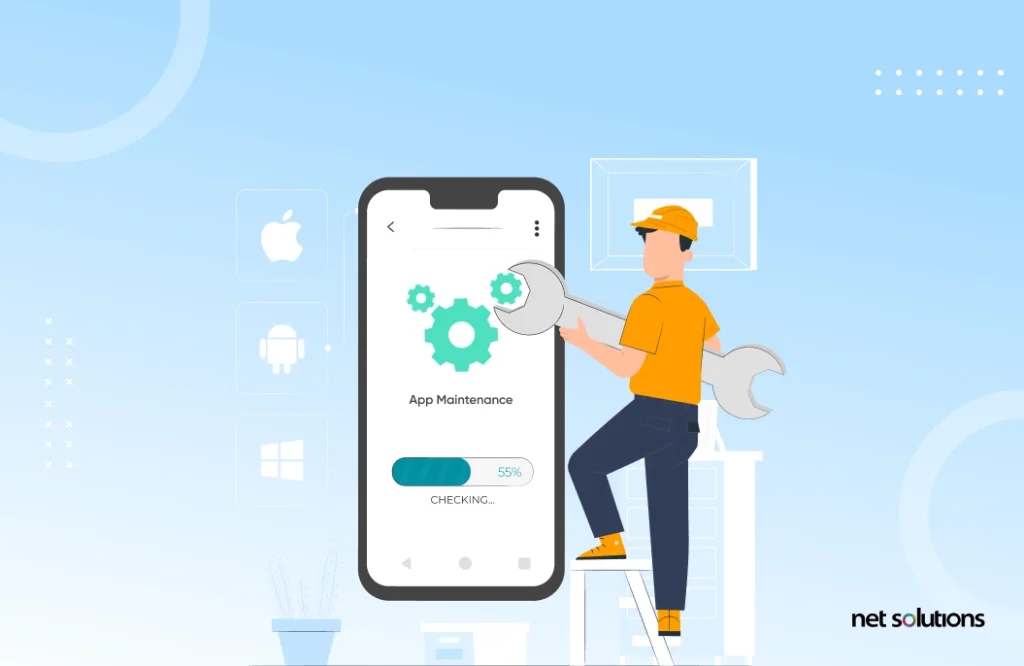
Any software development partner that prides itself on exceptional product development will include post-development support such as regular maintenance and backups. Enterprises should inquire about the scope and extent of the after-development support offered. If the software development partner is not offering after-development support, it is best to look for alternative options.
10. Delivery time

Timeliness is essential to any business, let alone when choosing the right software development partner. Your chosen company must value your stated timelines and adhere to them. Choose a custom software development vendor with a track record of strict deadlines. This gives you and your team enough time to test the software and allows your employees to use the application better.
Define your project’s objectives and time constraints. It will help if you know what you want to build, allowing you to save time on both sides. A simple requirements list with basic mockups, diagrams, and workflows is a great place to start.
This work will assist you in avoiding the need to describe an abstract concept to the development teams. You want teams to understand your vision, which will almost certainly result in inaccurate budget and timeline estimates.
11. Testimonials
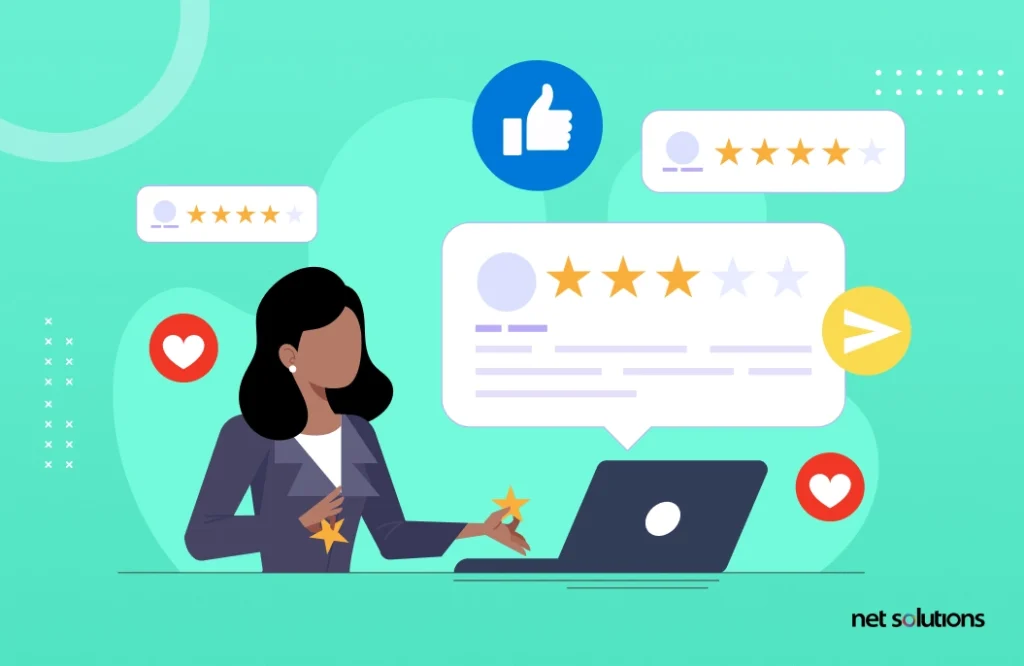
Whatever the company claims to be on each page, the company’s actions, or, more precisely, case studies, speak louder than any words. This is where you begin shortlisting the software development partners per your requirements. You can make use of the software development vendor’s portfolio as well as customer reviews. A company portfolio can provide an overview of the company’s primary areas of expertise, its clients’ challenges, and how the company assisted them in resolving them. Investigate the prospective company’s website and social media accounts. Everything should be current and up to date.
Your outsourcing partner should thoroughly understand your industry, market, and business process. Be wary if a software development vendor claims to have done something similar but refuses to share any details. The best web and mobile app development companies will have reviews and samples on their website for potential clients to look over so you can see their quality and how happy their clients have been working with them. However, some custom software providers sign NDAs (non-disclosure agreements) that prohibit them from disclosing any project information. In this case, it’s always a good idea to contact a company representative and ask them directly if they can meet your needs.
12. Open communication

Agile is quickly becoming the industry standard for software development teams. Agile values communication in software development because of its emphasis on close-knit, self-organizing teams that work informally and respond quickly to change. Similarly, when dealing with global clients, you must focus on how the company communicates.
Effective communication is essential for successful software development. Ensure that your chosen software developers have the technical and communication skills to build your application.
You will only have to put in a little effort to get regular updates from the developers. You can ask questions and start discussions to ensure that the application is developed in such a way that it best meets your business objectives.
Frequently Asked Questions
TDD, also known as test-driven design, is a technique of executing software programming that combines unit testing, programming, and refactoring on source code.
Software development tools act as a catalyst throughout the software development process and make you more productive. Here are some tools that can help you in 2023 –
- Buddy.
- Vim.
- Atom.
- Zoho Creator.
- Docker.
- GitHub.
- Chrome DevTools.
- Stack Overflow.
Below are some of the most commonly used software development methodologies:
- Agile development
- DevOps deployment
- Waterfall development
- Rapid application development.
There are four types of TLDs recognized by IANA:
- gTLD – Generic Top-Level Domain.
- sTLD – Sponsored Top-Level Domain.
- ccTLD – Country Code Top-Level Domain.
- Infrastructure Top-Level Domain.

